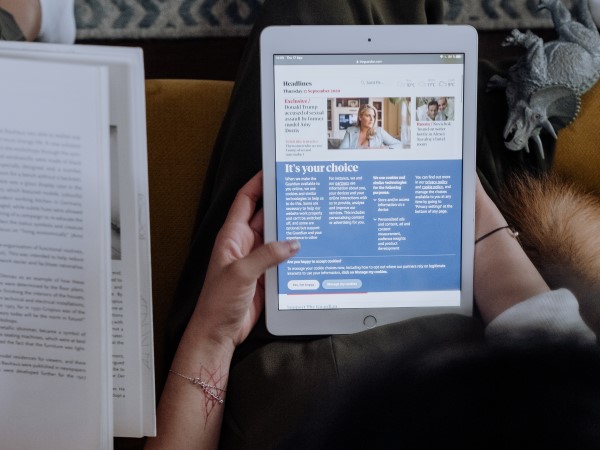1 in 3 people have dentophobia and stay away from the dentist as long as they can, the same number that can't bear to read mainstream news anymore. What are they doing and why?

PC: cottonbro studios
What they're doing is called “news avoidance". One rare mainstream news outlet was brave enough to call it the way they see it (shoutout Washington Post!):
“Haunted by a sense that the news is relentlessly toxic, once-loyal readers and viewers have been gradually ebbing away, posing a persistent threat to the news business."
Just Stop It

PC: PNW Production
The Reuters Institute for the Study of Journalism studies how people get their news around the world. This year's research covered 46 countries, and found people using multiple ways to avoid the news:
- skip entirely – scroll past or change the channel whenever any news comes up
- skip sometimes – blackout periods or small time windows for news
- skip some topics – don't read any news on certain topics (hmmm … politics?)
What's Bad For My Mental Health Isn't What's Bad For Your Mental Health

PC: Cansu Mutlu
While almost all people who avoid the news do so to protect their mental health, there's some surprising reasons why the news affects them.
In the US, the #1 reason is: enough already with politics. Left or right, they've had enough.
But #2? Social justice: 7 in 10 on the right don't want any more, along in 2 in 10 on the left.
Also surprising, climate change! 6 in 10 on the right are done, while only 1 in 10 on the left.
What This Means For You And Me

PC: Ron Lach
Mainstream news frankly has a tough problem. They need to cover lots of topics to attract broad audiences and keep them glued to their site, but we’ve just seen data telling us they can’t please everyone.
So if they instead pick certain topics to be more appealing, they attract a more loyal but also more polarized audience.
Either way, you and I are left to choose if and how we get our news. More on that next time in Part 2.

